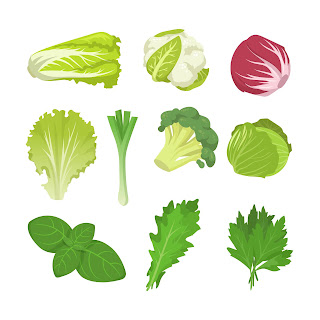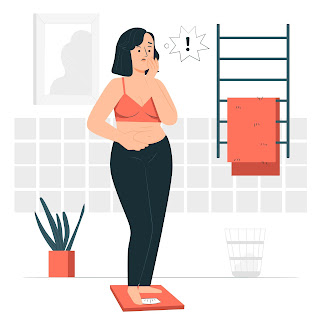High protein vegetarian meals
There are many high-protein vegetarian meals that you can enjoy. Some of the best options include:
1. Quinoa and black bean burger: This meal is both filling and nutritious. It provides plenty of protein and fiber, as well as other important nutrients.
2. Tofu scramble: Tofu is a great source of protein, and when it is scrambled with vegetables, it makes a delicious and healthy breakfast or lunch.
3. Black bean soup: This soup is packed with protein and fiber, making it a perfect meal for any time of day.
4. Veggie pizza: A veggie pizza is a great way to get your daily dose of vegetables and protein.
5. Chickpea salad: This salad is a great option for a light lunch or dinner. It is high in protein and fiber, and it also tastes great.
6. Garden veggie stir-fry: A stir-fry is a great way to get your daily dose of vegetables, and you can add tofu for extra protein.
7. Lentil soup: Lentils are high in protein and full of fiber, making them a healthy choice for vegetarians.
8. Healthy pasta salad: Pasta is generally not considered to be a portion of very healthy food, but this version with plenty of vegetables and whole wheat pasta is a good exception.
9. Black bean brownies: Yes, it is possible to make healthy brownies that are high in protein! Black beans are the perfect ingredient for this recipe.
10. Veggie burger: A veggie burger is a great option for a quick and easy meal. There are many different recipes to choose from, so you will never get tired of eating the same thing.
11. Spicy black bean soup: This is another great option for vegetarians who are looking to eat high-protein meals. Black beans are packed with fiber and they also taste great when combined with other vegetables.
12. Vegetable chili: A hearty bowl of chili is comforting, nutritious, and delicious. The ingredients can be varied to suit your preferences.
13. Asparagus quinoa salad: This salad is a great option for lunch or dinner. It is healthy and tasty, and it also manages to combine several of the most popular flavors into one dish.
14. Quinoa and vegetable stir-fry: This is a great way to get your daily dose of vegetables and protein. Quinoa is a healthy and filling grain, and when it is combined with vegetables, it makes a delicious dish.
15. Spicy black bean dip: This dip is perfect for snacking or for serving as an appetizer at parties. It provides plenty of protein and fiber, while also boasting a delicious flavor.
16. Pesto pasta: This is another great way to combine vegetables with pasta to create a healthy meal that tastes great.
17. Spicy tofu sandwich: Tofu is generally prepared blandly, but this version with a spicy sauce will leave you wanting more.
18. Roasted vegetable salad: This salad is a great way to get your daily dose of vegetables, and it also happens to be tasty.
19. Grilled cheese sandwich with tomatoes: A classic grilled cheese sandwich gets a healthy makeover with the addition of juicy tomatoes.
20. Vegetable wrap: This is a great way to get your daily dose of vegetables in a portable and convenient form. You can use any vegetables that you like in this wrap.
21. Black bean taquitos: These taquitos are perfect for an appetizer or a light lunch. They are easy to make and they are also really tasty.
22. Kale and black bean salad: Kale is a superfood, and when it is combined with black beans, the results are amazing. This salad is healthy, filling, and delicious.
23. Quinoa and vegetable stir-fry: This dish is a great way to get your daily dose of protein and vegetables. Quinoa is a healthy and filling grain, and when it is combined with vegetables, it makes a delicious dish.
24. Vegetarian chili: A hearty bowl of chili is comforting, nutritious, and delicious. The ingredients can be varied to suit your preferences.
25. Tofu scramble: Tofu is healthy, tasty, and it can be prepared in countless ways. This particular dish is high in protein and low in fat, making it the ideal breakfast choice for vegetarians.













